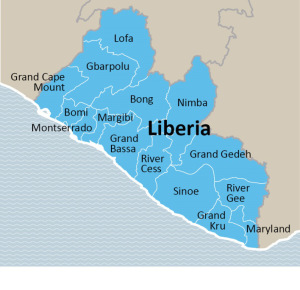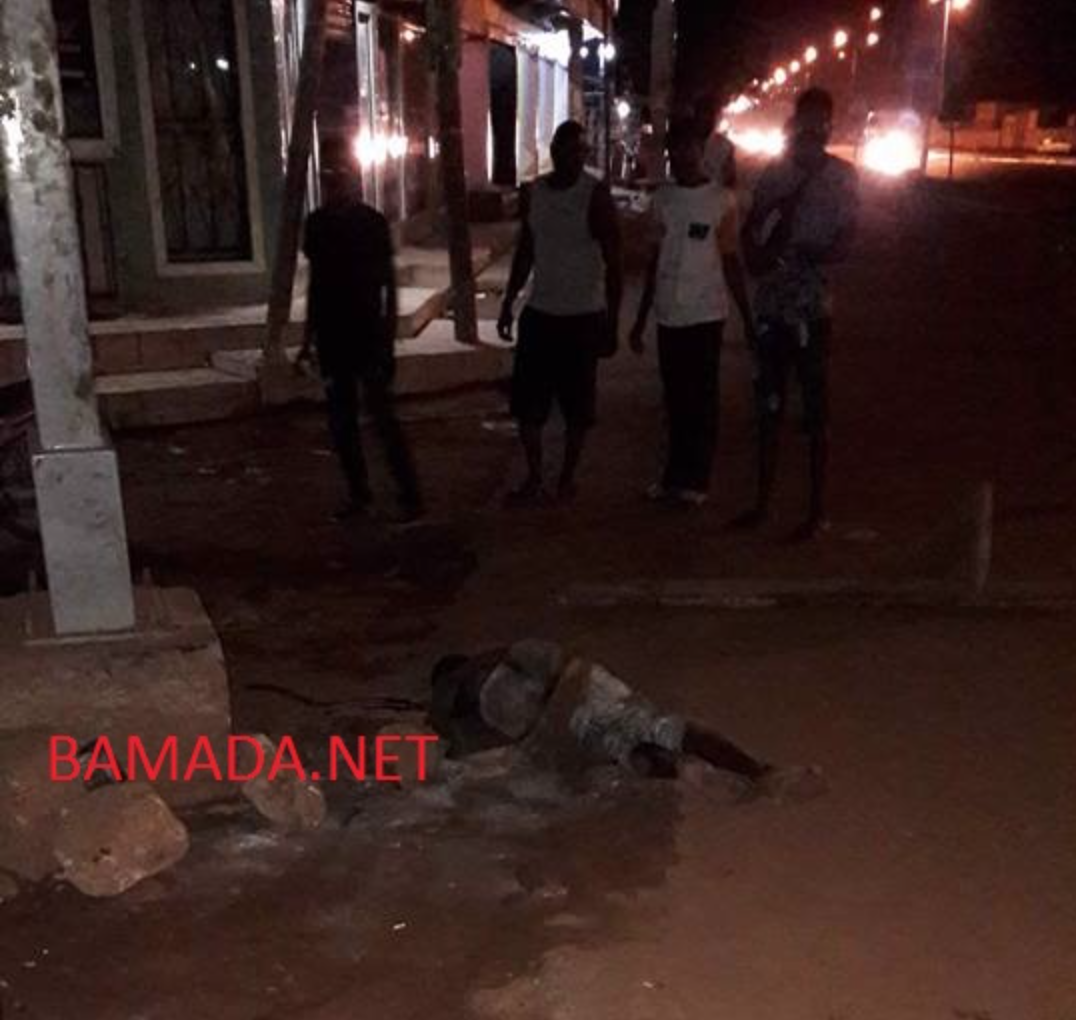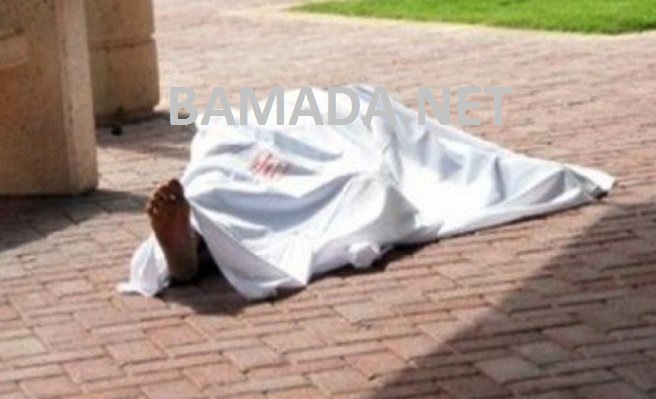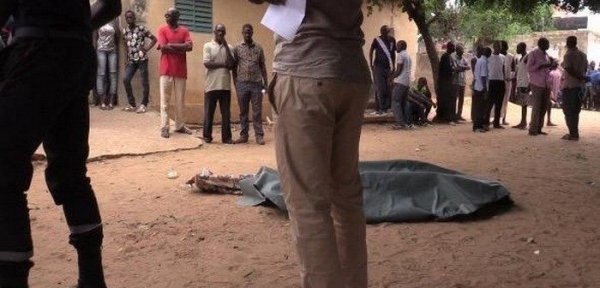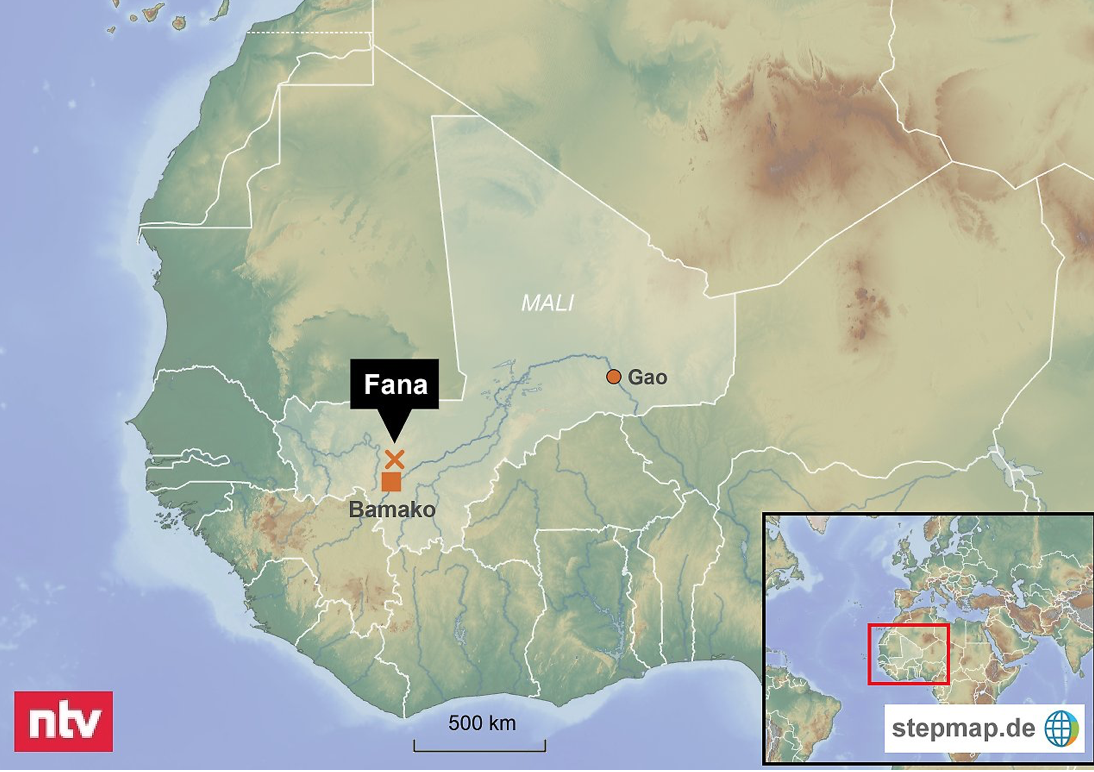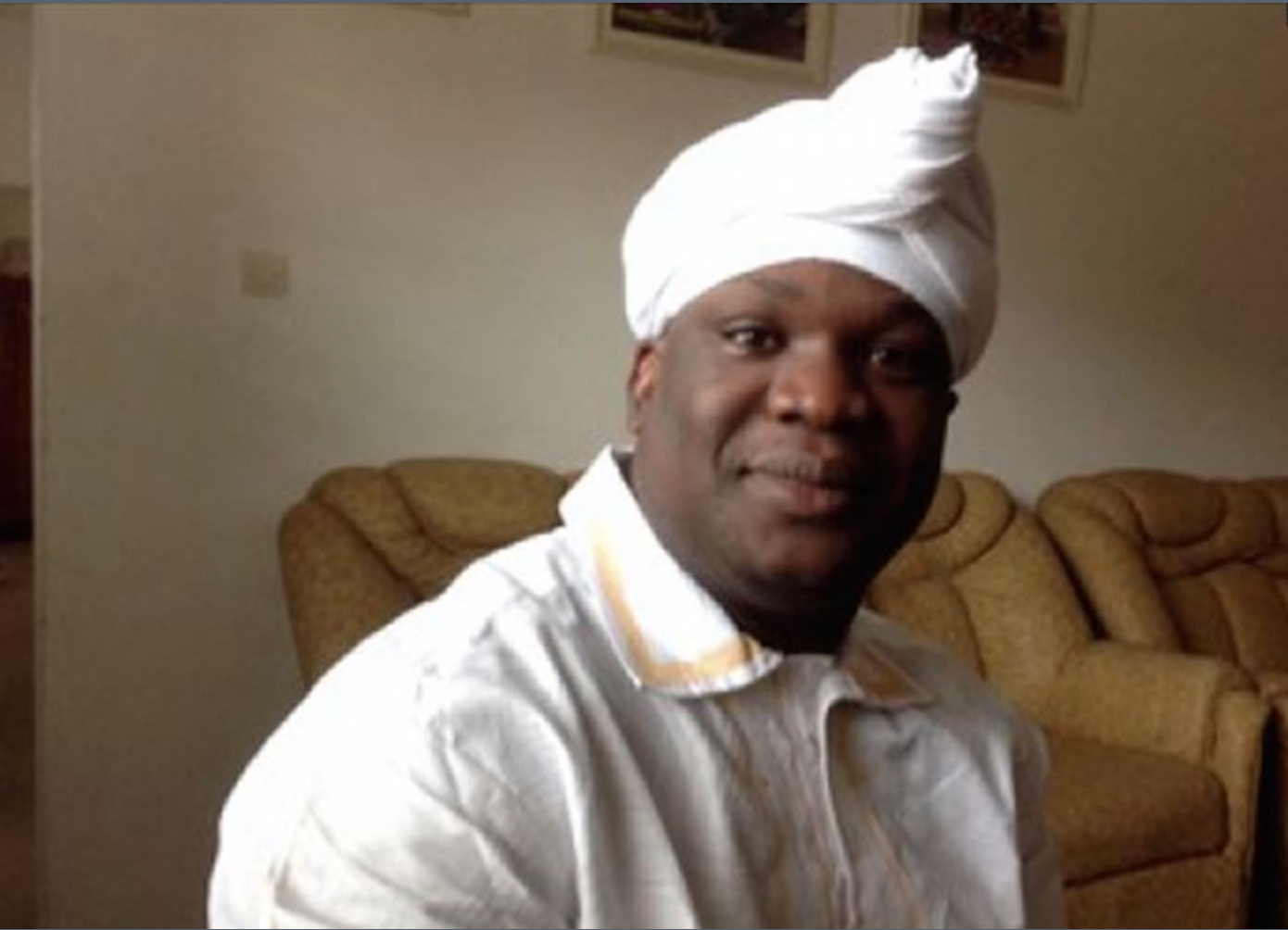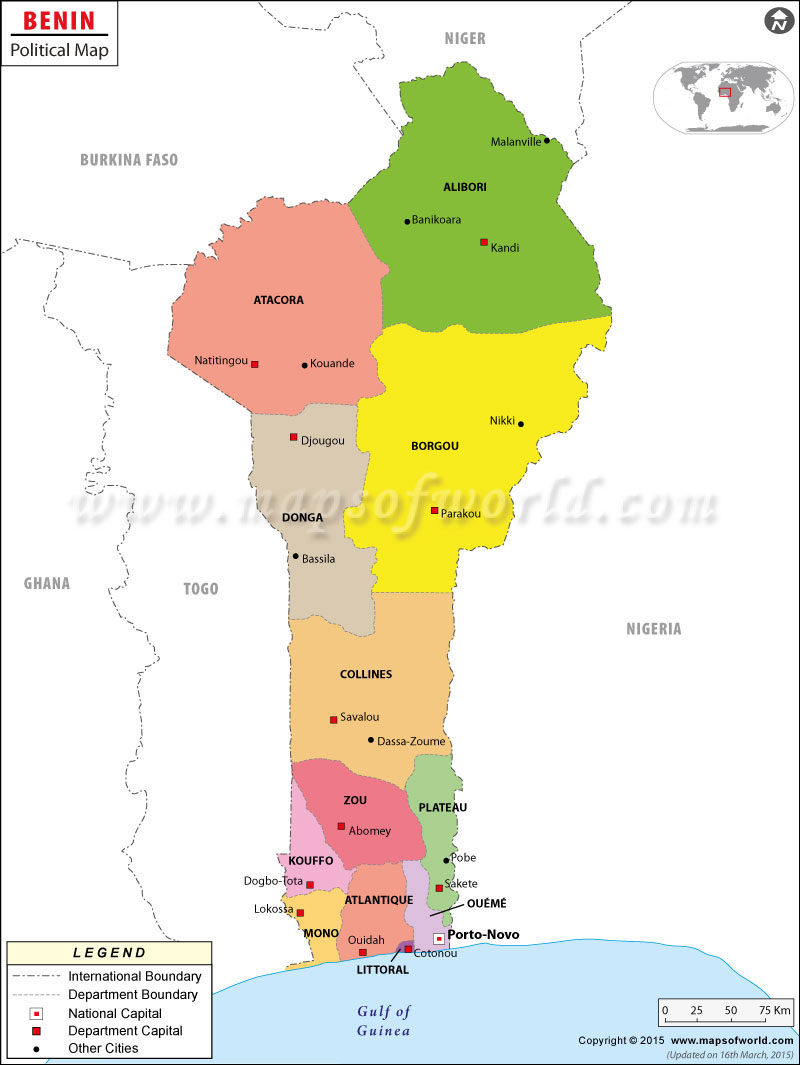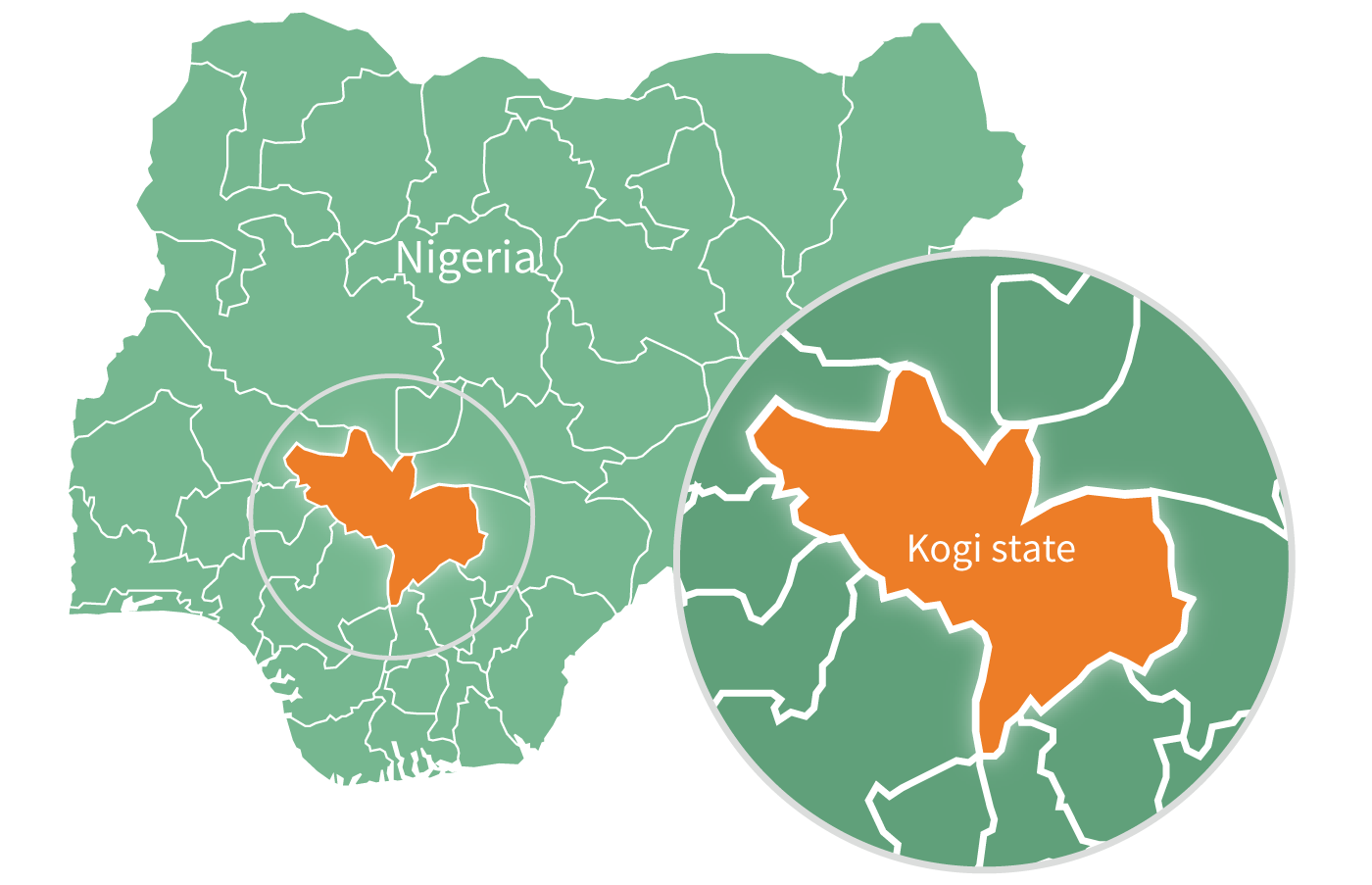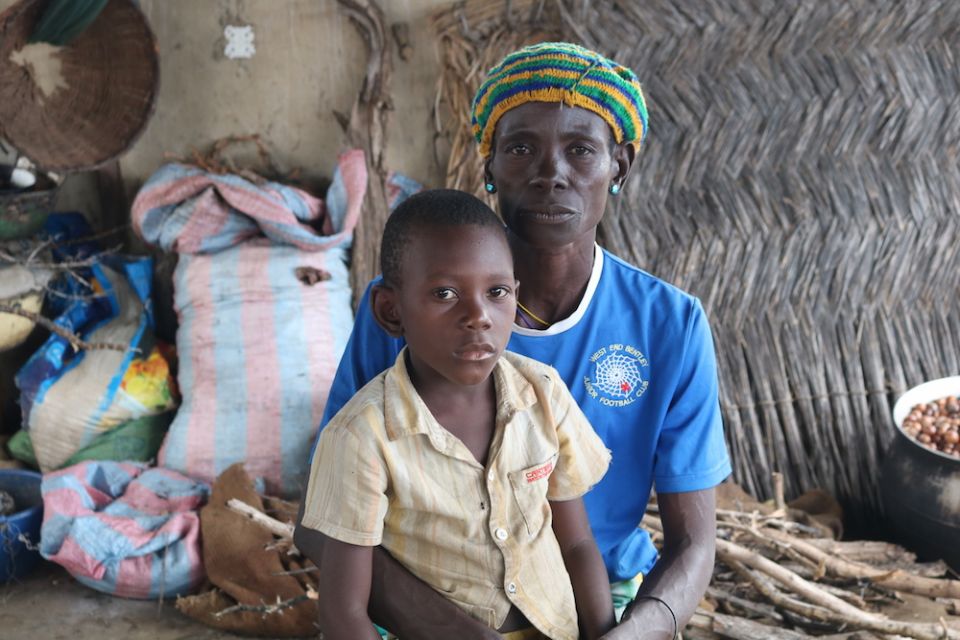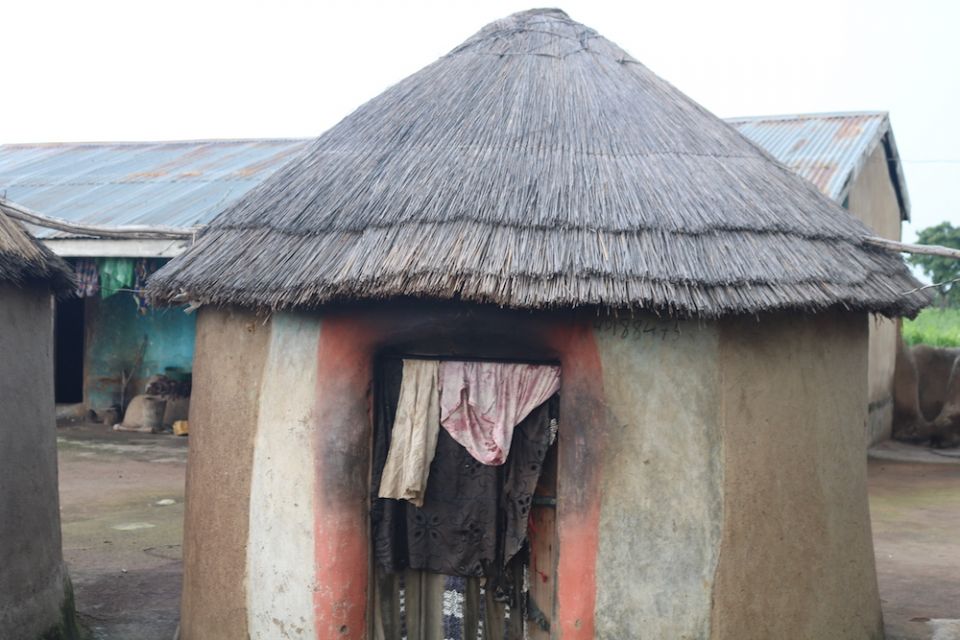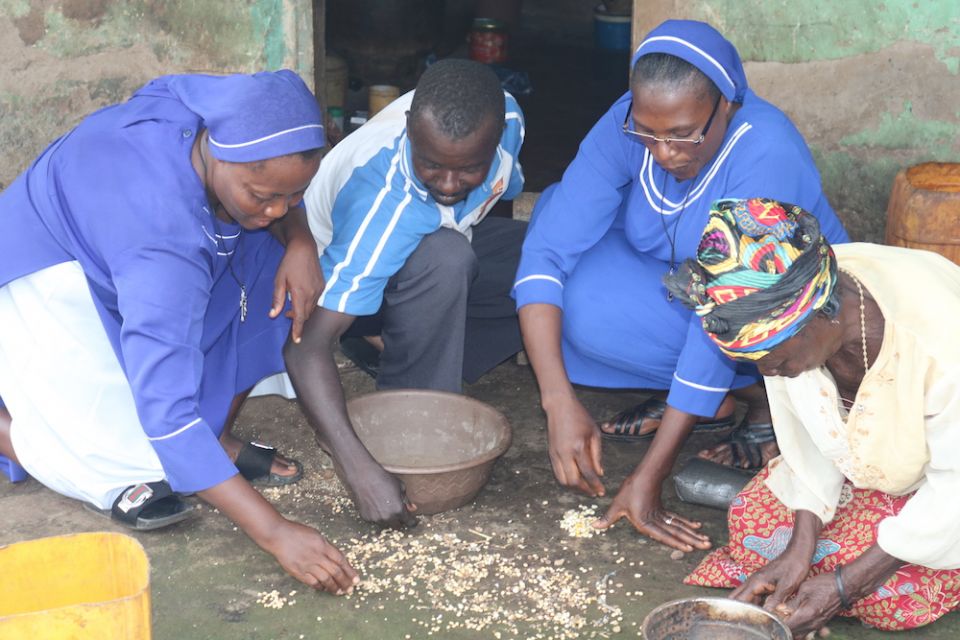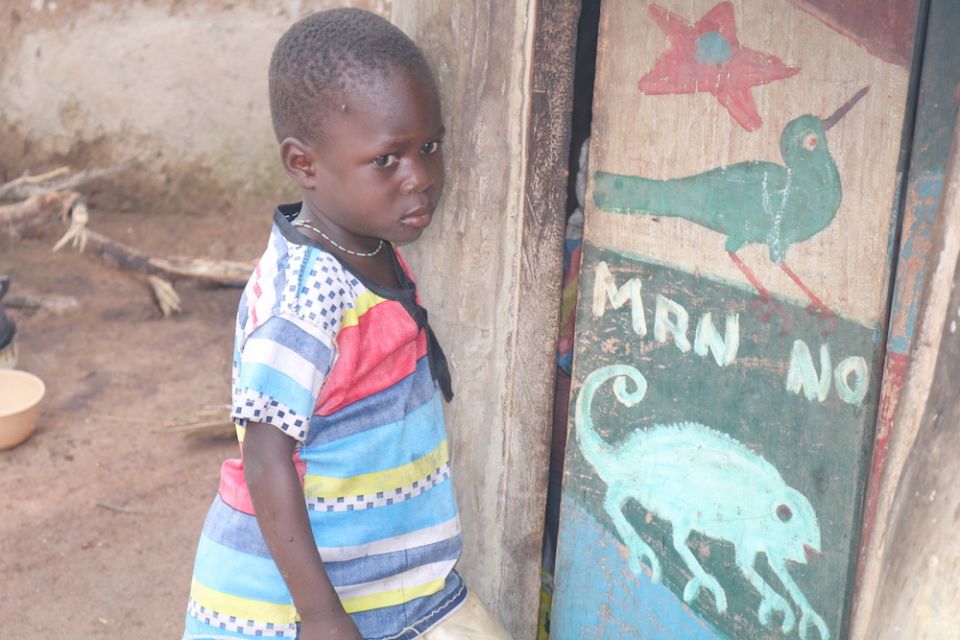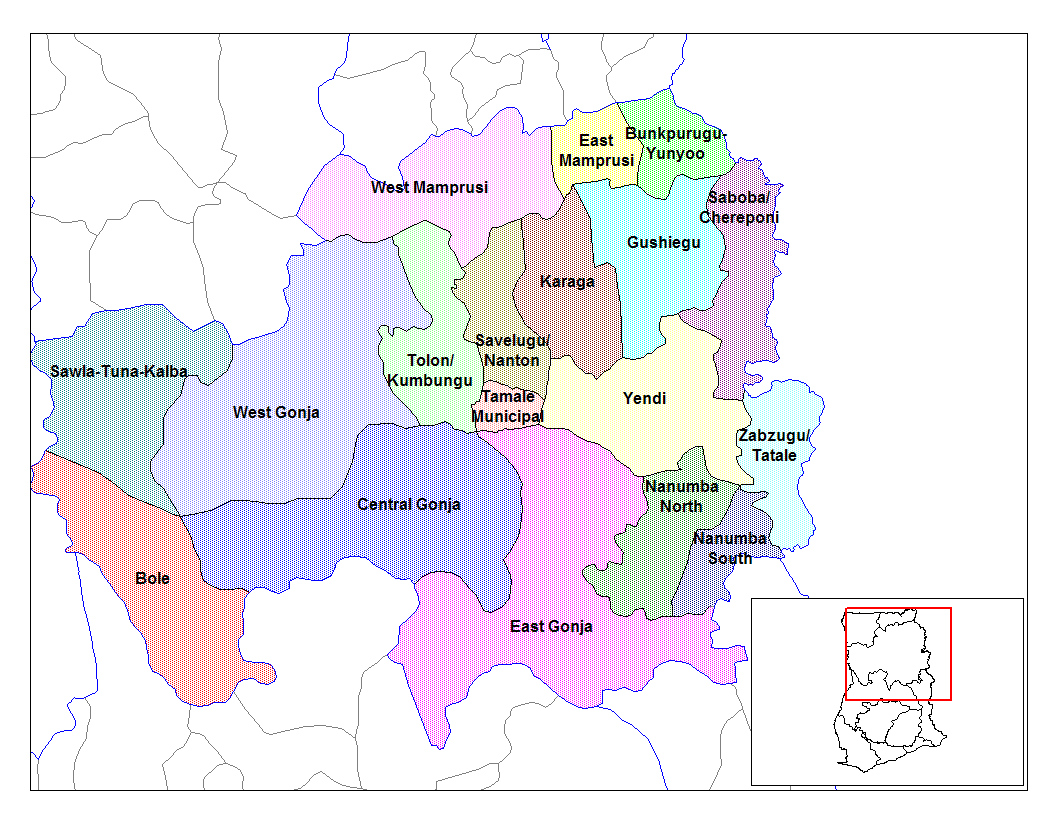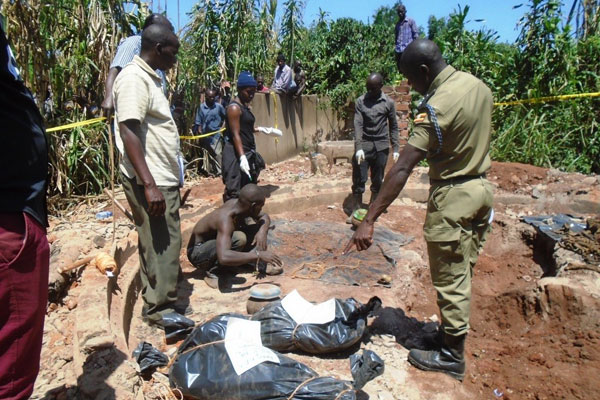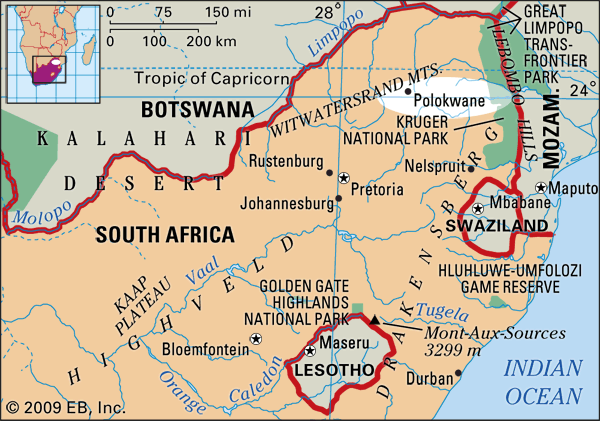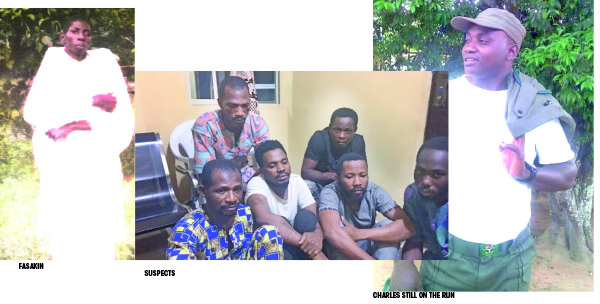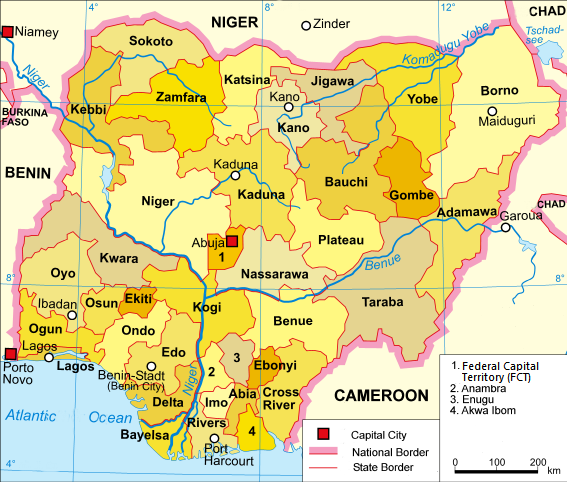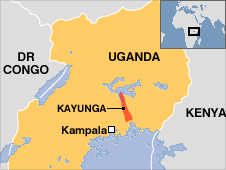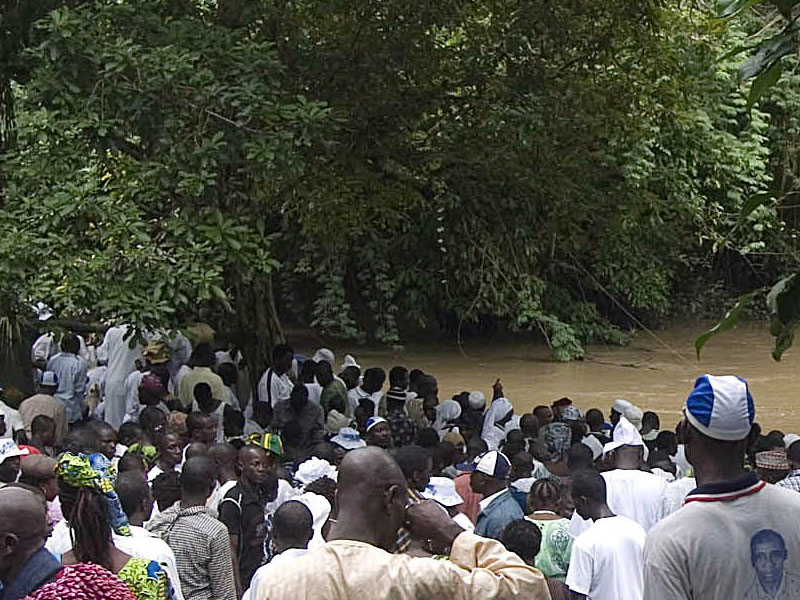Yesterday I elaborated on a traditional belief in trial by order in Liberia (‘sasswood’). The firm belief in people who have magical powers – wizards, witches, ritualistic killers, also native doctors and herbalists – lies at the base of what follows. The citizens of Picnicess District in Grand Kru County have asked the famous traditional herbalist Tamba Bundo for help. Reportedly, over the years, they have suffered from mysterious disappearance and ritualistic acts leading to the loss of at least 56 lives. Hence their appeal to Tamba Bundo to help expose the people responsible for these unexplained disappearances and deaths.
Their appeal for help was taken seriously by highly placed government officials such as the Superintendent of Grand Kru County, Madam Doris N. Ylatun, the Minister of Internal Affairs, Varney Sirleaf, and a legislator, Dr. Peter Coleman, Senator for Grand Kru County. In one way or the other they became involved in this traditional approach to solve a security problem in the area and to remove the anxiety of the Picnicess Community.
Allegedly, Chenakaleh in Picnicess District, Grand Kru County has witnessed between 40 and 50 mysterious deaths; among the victims we count two boys who went fishing and a Catechist of the St. Jude’s Catholic Church. If true this represents a serious security problem. Apparently, the country’s security forces have failed so far to apprehend anyone linked to one or more of the mysterious deaths or disappearances. It is important and significant to note that all three officials mentioned above have accepted the failure of regional and/or national security forces to intervene effectively.
Many questions emerge following the appeal of the Picnicess citizens. What did really happen in their community? Who were involved? Why didn’t the police arrest one or more suspects? Was there a cover-up, if yes, why, and who were (was) implicated? Of course it is very likely that it is just a coincidence, but could there be any relation with the forthcoming elections? It would not be the first time in Liberia’s history, but I wish to emphasize that this is only a theoretical thought; we have to be very prudent in pointing fingers without any substantial evidence or indication. There is no reason to suspect any particular person.
Notwithstanding the foregoing, It is a remarkable fact that the people of Picnicess District appeal to a native doctor for help to solve their security problem.
I must conclude that the citizens of Picnicess have no confidence in their government to protect them and to maintain the rule of law in their community. They prefer the protection and services of a traditional herbalist. This should be a wake-up call for the government of President George Weah, a Kru-Liberian who hails from this county. Let’s hope that this indeed will happen though for more than one reason I fear nothing will happen that will improve this sad and shameful situation (webmaster FVDK).
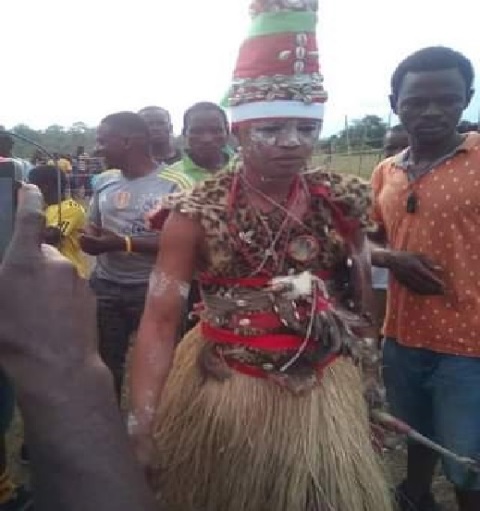
LIBERIA: Senator Coleman breaks silence over witchcraft activities in Picnicess, calls on herbalist Tamba Bundo to continue his work
Published: August 27, 2020
By: Global News Network Liberia – Emmanuel S. Koffa, GNN Correspondent, Grand Kru County
Dr. Peter Coleman, Grand Kru County Senator has finally broken silence over witchcraft activities in Picnicess where a native doctor who is currently doing a cleaning up work to expose people believed to be witches and wizards who reportedly have been killing innocent people, said the County Legislative will support the traditional herbalist Tamba Bundo activities in the county.
Speaking to Grandcess news on August 25 2020, Senator Coleman said, the Grand Kru County legislative Caucus acknowledged the good work of the traditional herbalist Tamba Bundo, and further stressed the need for the caucus to allow Tamba Bundo to perform his detail in the county without fear and favor.
Senator Coleman further noted that, Tamba Bundo will be giving a strong support by Caucus by providing effective security protection in the execution of his duty while in the County performing his traditional mandate.
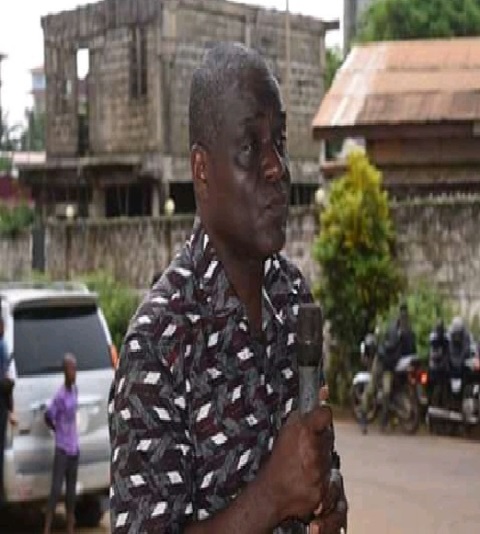
Senator Coleman statement comes in the wake of misinformation that the Grand Kru County Caucus was not in the know, and has no interest in the traditional herbalist Tamba Bundo to perform traditional activities in the County aimed at bringing relief to the people of Picnicess, and Grand Kru County in general.
He disclosed that a delegation of the national council led by former chief-wing of Grand Kru people Swen Wleh will be coming to the county in an effort to guide the traditional ordeal in Picnicess with herbalist Tamba Bundo. He however maintained that, at no time the Caucus stop the ordeal as it is being alleged in the county. Meanwhile, Senator Coleman is asking the people of Picnicess to remain calm as all will be done to ensure that peace prevails in the fishing community.
Related article:
Picnicess citizens say herbalist Tamba Bundo is doing well by exposing wizards and witches
Published: August 24, 2020
By: Global News Network Liberia – Cholo Brooks
Residents of Picnicess, Grand Kru County are calling on Liberian government through the Ministry of Internal Affairs to allow Tamba Bundo, a herbalist who was hired by citizens of the County to help expose those involved in ritualistic activities by killing innocent people through witchcraft.
Since his arrival in the county, according our Grand Kru County Correspondent, Tamba Bundo, the herbalist has been making significance improvement by exposing people believed to be wizards and witches who have reportedly led to the death of innocent people in the County.
Some of those who have been exposed as witches and wizards through the magical performances of Mr. Bundo are also demanding that he remain in the county to continue his work, and further expose the rest of their colleagues who are involved in the killing of innocent people in the county for ritualistic purposes.
Recently, the Minister of Internal Affairs, Varney Sirleaf announced that the ministry is not in the know of Mr. Bundo’s activities in the county, and further called on him to return to Monrovia for further interrogation.
But speaking to reporters in the county prior to the commencement of his operations, Mr. Bundo displayed documents from the Ministry of Internal Affairs to reporters which give him the authority to perform such activities at any location.
But with this latest development from the Ministry of Internal Affairs, residents of the area who spoke to GNN said they are saddened to hear that Mr. Bundo has been recalled, stressing that this move by the Minister may have been some members of the county legislative caucus who are allegedly behind such action.
Speaking to residents in the county, herbalist Bundo assured them of his return following consultation with his bosses at the Ministry of Internal Affairs, adding, “Please be patient I will come back to continue my work, don’t worry I will come back to continue my work”, Mr. Bundo told residents of the county.
Over the years, the people of Picnicess have suffered from mysterious disappearance and ritualistic acts leading to the loss of at least 56 lives. These inhumane acts have created fears in the hearts of the residents and nearby communities’ members as well as scaring away investors from developing interest to do business with that community.
This act which is becoming a culture or tradition in that part of Grand Kru County has reached an alarming stage thus leading the people of Picnicess to write a petition to the local county authority headed by Superintendent Doris N. Ylatun.
The petition which followed the disappearance of two boys who went fishing and the death of the Catechist of the St. Jude’s Catholic Church, sought justice for the inhumane and devilish acts that have been going on in that community. In the letter of petition, the community requested the presence of Herbalist Tamba Bundo to come and liberate the people of Picnicess from the hands of witches, wizards and ritualistic killers.
In an interview the county’s Superintendent Madam Doris N. Ylatun said: “Upon receiving the letter of petition from the Picnicess Community, I immediately informed and notified my boss Minister Varney A. Sirleaf the minister of Internal Affairs, about the request of the people of Picnicess.”
She continued that the notification, met the ministry’s approval of the request made by the people of Picnicess and promised to send the herbalist. The Superintendent said the arrival of the herbalist delayed because of the coronavirus Pandemic. In the interview Madam Ylatun said, on August 15, 2020, she received a letter from herbalist Bundo which is a permit letter from the Ministry of Internal Affairs specifically the Traditional Council mandating Herbalist Bundo to clean and protect the Picnicess community.
As the herbalist was about to commence his operation in the county, a release from the Ministry of Internal Affairs was seen on social media dating August 17,2020 indicating that the ministry did not licensed or ordered any herbalist within or around Liberia to carry on any activity. The Press Director at the Ministry of Internal Affairs Abraham S. Kromah confirmed that the ministry has not ordered Tamba’s operation in the county; adding that an investigating team is to arrive in the county for proper and further investigation into the matter. He made the statement in an interview via mobile phone on Grandcess Radio.
This statement brought down the faces of citizens in Picnicess into total tears and sadness.
Meanwhile herbalist Bundo in an exclusive interview with a team of reporters confirmed that he was licensed by the Ministry of Internal Affairs. In the interview, he displayed before the team of reporters the license that was given or awarded to him by the Ministry of Internal Affairs; adding that he does not have a copy of the permit as he has turned it over to the County Superintendent Madam Doris N. Ylatun.
The license shows that herbalist Tamba Bundo was licensed on the 18th day of March AD 2020, recommended by Chief Swen Wleh as well as been approved by the Chief of the Traditional Council of Liberia Chief Zanzan Karwo.
While in a mood of heartbrokenness, a three men delegation representing the Picnicess community appeared on Grandcess Radio breakfast show “Good Morning Grand Kru” on Friday August 21, 2020 to appeal to the local county authority and the county’s Legislative Caucus to help in talking or having dialogue with the Ministry of Internal Affairs to grant or allow Tamba to continue his work in Picnicess and the County.
The delegation on the radio program said they foresee genocide in that community if the herbalist is not allowed to perform the traditional rite he have started adding that this might leave some families to go into extinction. They narrated that people have already started fleeing the community for fear of their lives. A member of the three men delegation commented that “What is the stance of the government into this matter as the lives of the majority in Picnicess are in danger knowing that the government is establish to protect lives and property.”
The Ministry of Internal Affairs is now left with the decision to allow Tamba Bundo to continue his operation in that part of Grand Kru County.
Credit: Grand Kru TV Online
Source: Picnicess Citizens Say Herbalist Tamba Bundo Is Doing Well By Exposing Wizards And Witches
Related article:
Witch Doctor Arrives in Grand Kru to Settle Issue of Mysterious Deaths
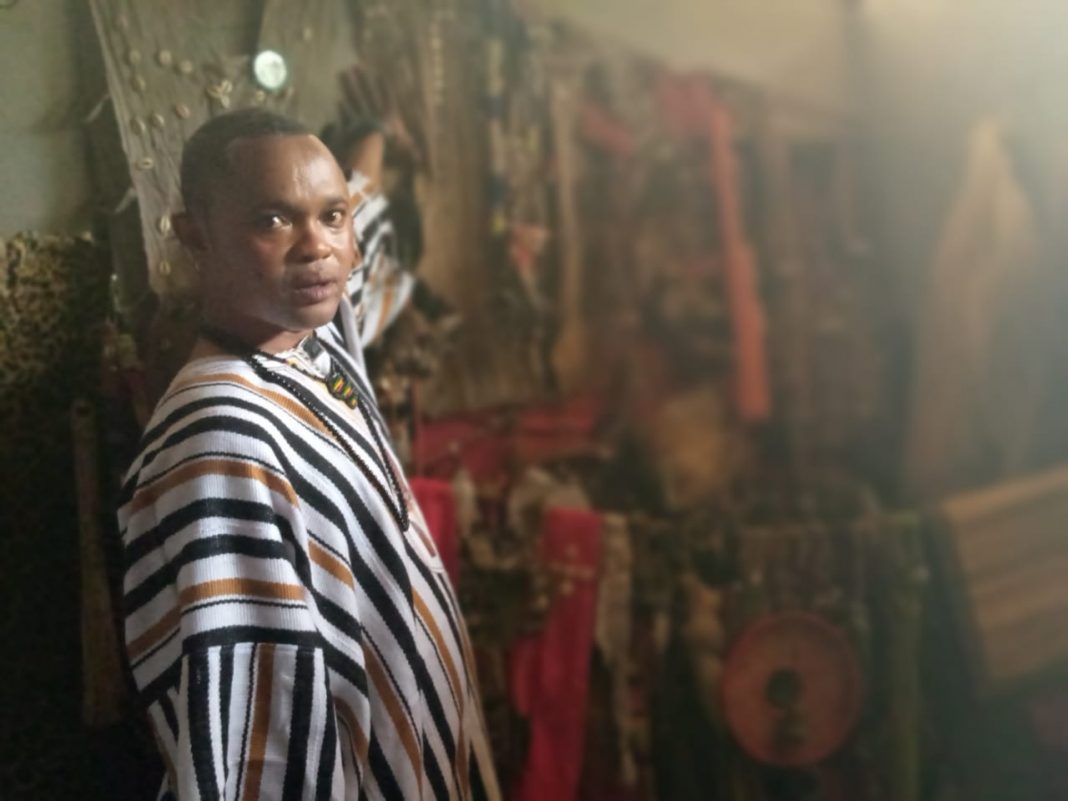
Published: August 19, 2020
By: The Daily Observer – Leroy M. Sonpon
Chenakaleh in Picnicess District, Grand Kru County, has witnessed mysterious deaths in recent days a Catholic Church brother, Joseph Nyenplue, totaling 40 on the 10th of July this year. To avenge the wrong on the perceived witchcrafts, people of the district have invited Witch Doctor Tamba Bundoo to challenge, and they (people) are optimistic that his intervention will ease the catastrophic situation confronting them in the district.
The Daily Observer has gathered that ‘Tamba’ was on Monday, August 17, expected to begin cleansing Chenakaleh of mysterious deaths, demonic attacks, and other sicknesses after a weekend discussion with Grand Kru County Superintendent Doris N. Ylatun and other officials.
It has been gathered that in order to avoid stigmatization and protest over the 40 persons who died over the years, Tamba has been instructed by the County Leadership to only consecrate Picnicess against any further witchcraft activities — meaning anyone who gets involved from henceforth in any witch activity after his cleansing exercise will “confess and die.”
It may be recalled that the unexplained July 10 death of the late Nyenplue caused Picnicess Community to petition the County Leadership through a protest seeking justice and nemesis.
According to reports from Picnicess, Tamba has invited the citizenry to witness his performances.
It might also be recalled that Grand Kru County Superintendent told the Daily Observerexclusively that there has been a spate of mysterious deaths of people since before her appointment at the administrative helm of the county in 2018, and recently in her tenure, at least five unexplained deaths occurred, bringing the death toll to 40.
She said killings are only done in Chenakaleh and the residents believe that not much has been done to find those behind the recent killings. Therefore, they are demanding a witch doctor, popularly named “Tamba,” to uncover the witches and cleanse the community.
“The County Leadership has agreed to the request of Chenakaleh to cleanse the community from witchcraft activities, ” Superintendent Ylatun said.
“We are expecting Tamba in the county soon, and we are hopeful that the mysterious killing will come to an end,” said Superintendent Ylatun.
The Superintendent indicated that the first appointed commissioner of Picnicess in 2018, Tokpa Geplah, also died mysteriously.
The late Commissioner allegedly disappeared en route to his house after fishing and up to his time, his body is yet to be found.
Source: Witch Doctor Arrives in Grand Kru to Settle Issue of Mysterious Deaths
